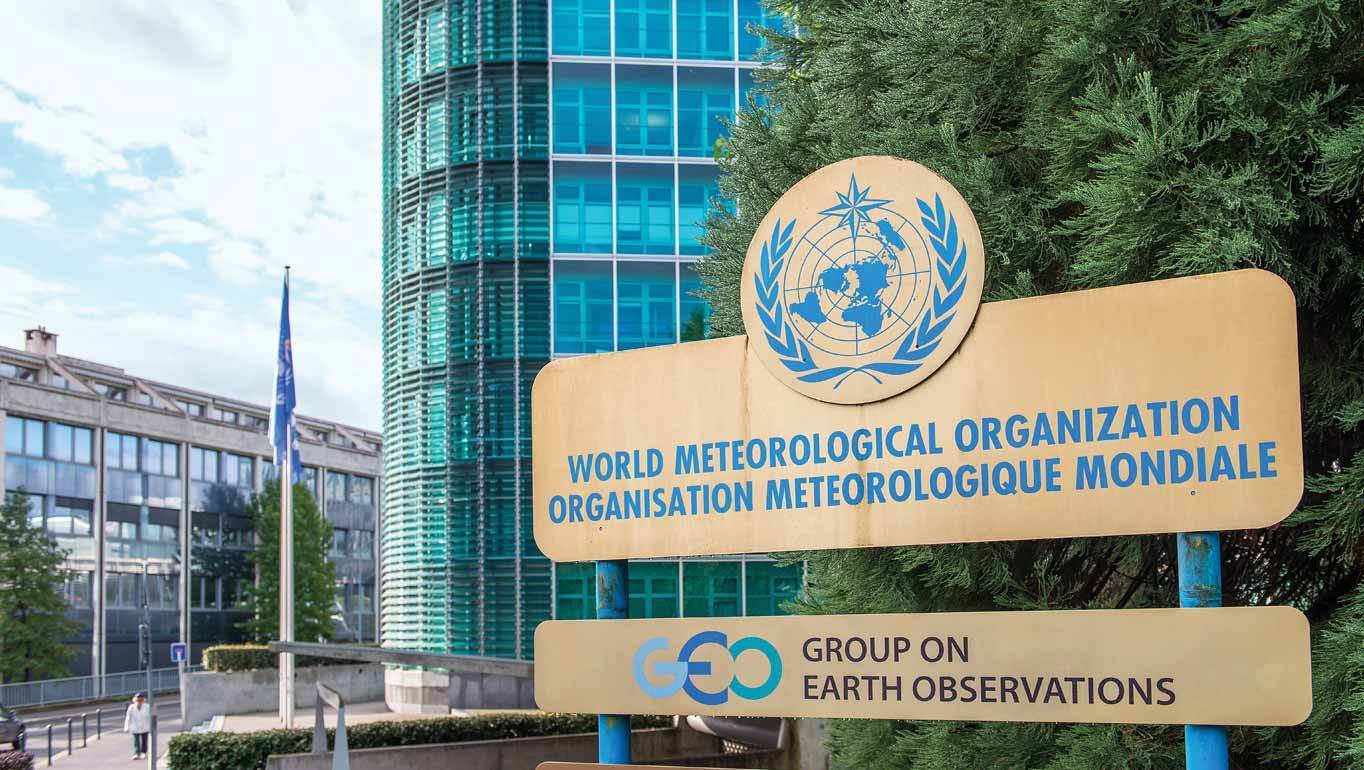"Informed AI News" is an AI-curated publications aggregation platform, ensuring you access only the most valuable information, with the aim of eliminating the information gap and transcending the confines of information cocoons. Find out more >>
Over the next five years, there is an 80% probability that global temperatures will rise by 1.5°C, exacerbating the risks associated with climate change.
- summary
- score

Summary: The World Meteorological Organization warns that there is an 80% probability that at least one year within the next five years will see global annual average temperatures rise by 1.5 degrees Celsius above pre-industrial levels. It is expected that between 2024 and 2028, annual average temperatures will be 1.1 to 1.9 degrees Celsius higher than the pre-industrial levels of 1850-1900. This trend is approaching the 2-degree Celsius limit set by the Paris Agreement and is getting closer to the 1.5-degree Celsius threshold. A temperature rise exceeding 1.5 degrees Celsius could trigger more severe climate change and extreme weather events.
Explanation:
- Pre-industrial levels: Refers to the average global temperatures from 1850-1900, before the Industrial Revolution, serving as a benchmark for modern climate change.
- Paris Agreement: An international treaty aimed at limiting global temperature rise, with a goal to keep the increase in global average temperatures well below 2 degrees Celsius above pre-industrial levels by the end of the century, and to pursue efforts to limit the increase to 1.5 degrees Celsius.
- 1.5-degree Celsius threshold: The scientific community believes that a global temperature rise beyond 1.5 degrees Celsius will lead to irreversible environmental damage and an increase in extreme weather events.
| Scores | Value | Explanation |
|---|---|---|
| Objectivity | 5 | 内容基于世界气象组织的报告�,提供了具体的统计数据和预测,具有较高的客观性。 |
| Social Impact | 6 | 报告直接关联全球气候政策和公众生活,对社会讨论和政策制定有重大影响。 |
| Credibility | 5 | 信息来源于权威的国际组织,数据和预测具有较高的可信度。 |
| Potential | 6 | 升温1.5°C的预测可能引发更严重的气候事件,对全球环境和社会经济有深远影响。 |
| Practicality | 4 | 报告内容对政策制定和公众行为有实际指导意义,但需进一步转化为具体行动。 |
| Entertainment Value | 1 | 内容主要为科学报告,缺乏娱乐性元素。 |